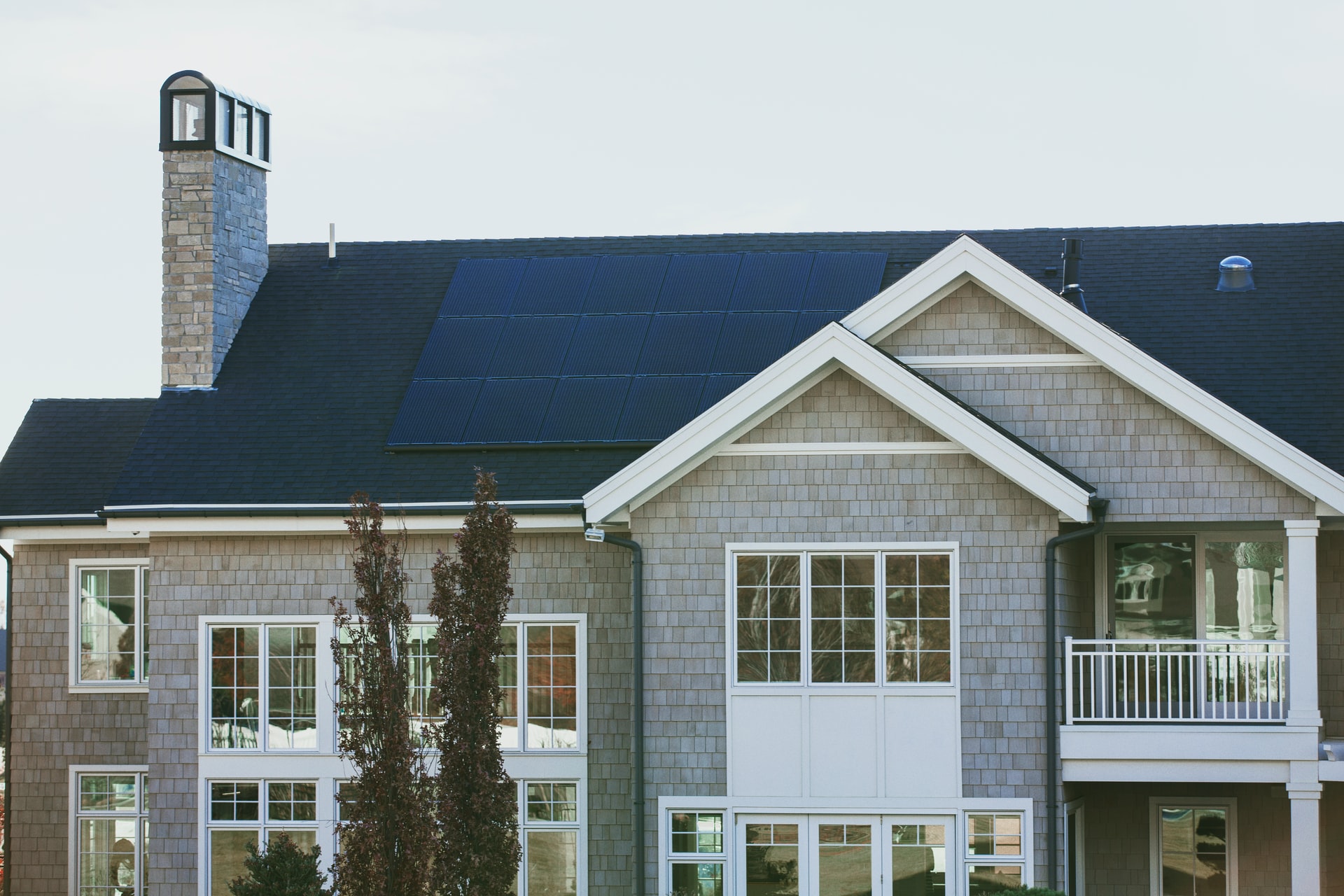The essential role of BIPV towards energy transition

To meet the 2030 Climate Target Plan, buildings need to become more energy efficient and use renewable energy sources. Photovoltaics on the built environment can support the achievements of the EU targets by turning buildings into decentralised energy producers, while also saving lands and landscape areas.
In this infographic you can learn more about the difference between photovoltaics (PV) and building integrated photovoltaics (BIPV), and how BIPV can become a success factor in reaching the targets by also satisfying technological, energy and aesthetic requirements.
Original source: BuildUP
Learn more on INFINITE BIPV kit for building renovation
Cover photo by Vivint Solar on Unsplash

RELATED NEWS
PV Pergola – Combining energy, nature and recreational space
Together with students from the Salzburg University of Applied Sciences, the concept of PV Pergola has been developed further with the design of practical solutions to combine greenery and photovoltaics.
Retrofit to achieve the nZEB target: a first look into demo case designs.
A first look into the design of the demo cases and the prefabricated renovation technologies for the retrofit of buildings, aiming at reaching the nZEB target.
New study on hidden colored Building Integrated Photovoltaics (BIPV)
The technological solutions for introducing colors in BIPV modules and the challenges of the aesthetic integration in building design.